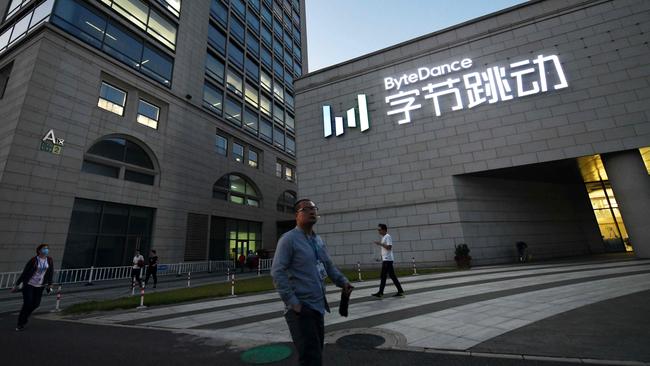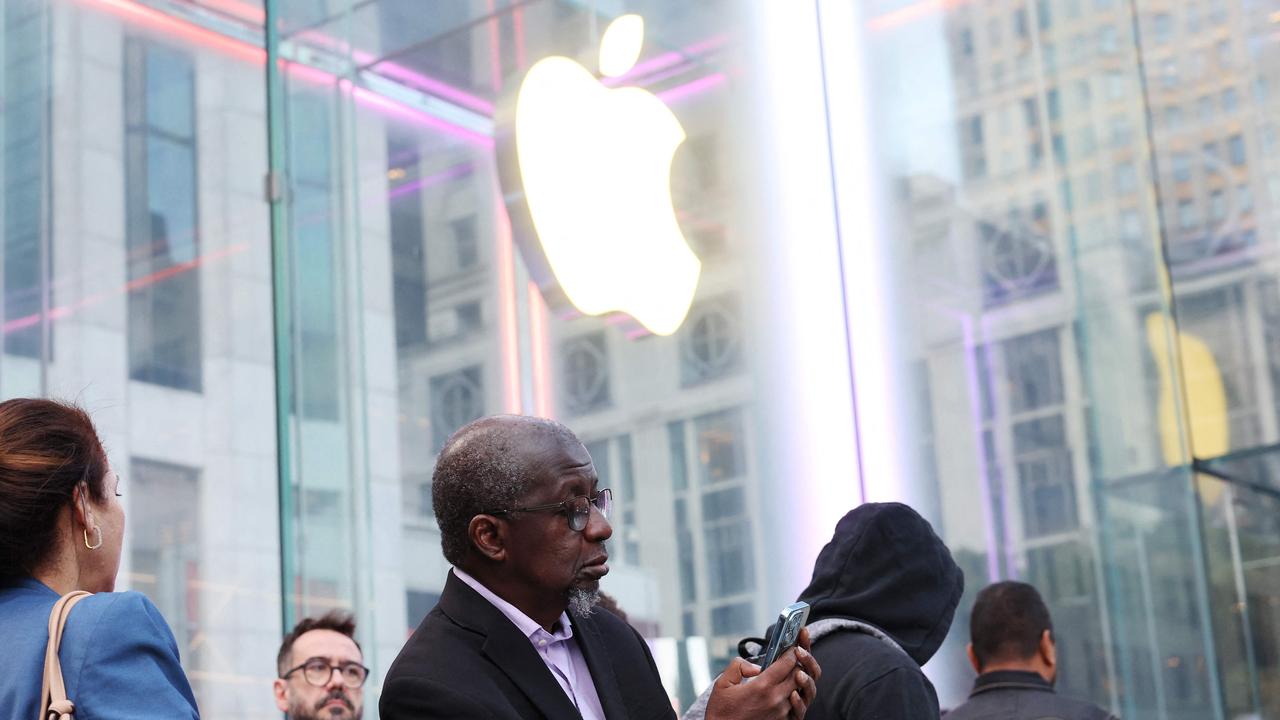TikTok owner ByteDance’s annual revenue jumps to $US34.3 billion
ByteDance’s gross profit rose 93% to $US19 billion last year, according to a memo to staff.

ByteDance Ltd., the owner of popular short-video app TikTok, told employees that its revenue last year more than doubled to $US34.3 billion, underscoring why the Chinese technology giant is one of the world’s hottest startups.
The privately held company on Thursday shared highlights of its 2020 financial performance with its employees. ByteDance said its total revenue grew 111% from a year ago, while gross profit rose 93% to $US19 billion, according to excerpts of a company memo viewed by The Wall Street Journal.
ByteDance had about 1.9 billion monthly active users across all its platforms as of December 2020, according to the memo. The company also runs viral apps such as Douyin, the domestic Chinese equivalent of TikTok, and a news aggregation app called Jinri Toutiao.
The Beijing-based firm told staffers that it incurred a $US2.1 billion operating loss from January to December last year. The loss was partly due to higher expenses incurred from share-based compensation to workers, according to a person familiar with the matter. For 2019, ByteDance had reported an operating profit of $US684 million.
Its net loss for 2020 totaled $US45 billion, due largely to an accounting adjustment the company made for an increase in the fair value of its convertible redeemable preferred shares. Startups that have raised outside funds often have to take these noncash charges as their valuations rise, if they prepare results in line with International Financial Reporting Standards.
ByteDance, which was started in 2012 by Chinese entrepreneur Zhang Yiming, has raised billions of dollars from global investors including KKR & Co., Sequoia Capital and General Atlantic. The company was valued at $US180 billion in late 2020 after a fundraising round that included Fidelity Investments and some of its existing shareholders.
ByteDance is considering listing in Hong Kong or New York, according to a person familiar with the matter. The company hasn’t mapped out any timeline for an initial public offering.
Early this year one of ByteDance’s smaller domestic rivals, short-video app operator Kuaishou Technology, listed in Hong Kong after raising $US5.4 billion. Kuaishou’s market capitalisation was recently about $US103 billion, and the company reported 2020 revenues equivalent to about $US9.2 billion.

In China, TikTok is widely viewed as China’s most successful mobile internet export. The wildly popular short-video app has been downloaded more than 240 million times in the U.S., with teenagers and adults alike posting video clips of themselves lip syncing, dancing and even dishing out financial advice.
ByteDance’s revenues from TikTok come primarily from advertising. The company is also expanding beyond social media into areas such as gaming and e-commerce.
While ByteDance didn’t break down its 1.9 billion monthly active users by app, its scale rivals that of Alphabet Inc.’s YouTube, which reiterated in April that it had more than 2 billion users that log into its site to watch videos. At the end of 2019, ByteDance had about 1.5 billion monthly active users.
Last year, ByteDance was caught in the crosshairs of U.S.-China relations when former U.S. President Donald Trump’s administration singled out TikTok as a national-security threat and sought to ban the app. This month, President Biden revoked the ban, instead issuing an executive order mandating a broad review of apps controlled by foreign adversaries.
At home, ByteDance has also run into some turbulence, as Chinese authorities seek to clamp down on the perceived excesses of its powerful technology sector. ByteDance has been called in by authorities this year for infractions including improper data use and problematic content.
Last month, Mr. Zhang stepped down from his role as chief executive officer amid growing government scrutiny of the sector. Following the company’s management change, ByteDance launched a share buyback for employees, according to people familiar with the matter.
In June, two of ByteDance’s apps were included on a list of 129 apps named by the Cyberspace Administration of China for excessive collection of personal information from users. The authority told all the apps to rectify the situation. The move followed a similar order on Douyin the previous month.
Raffaele Huang contributed to this article.
The Wall Street Journal


